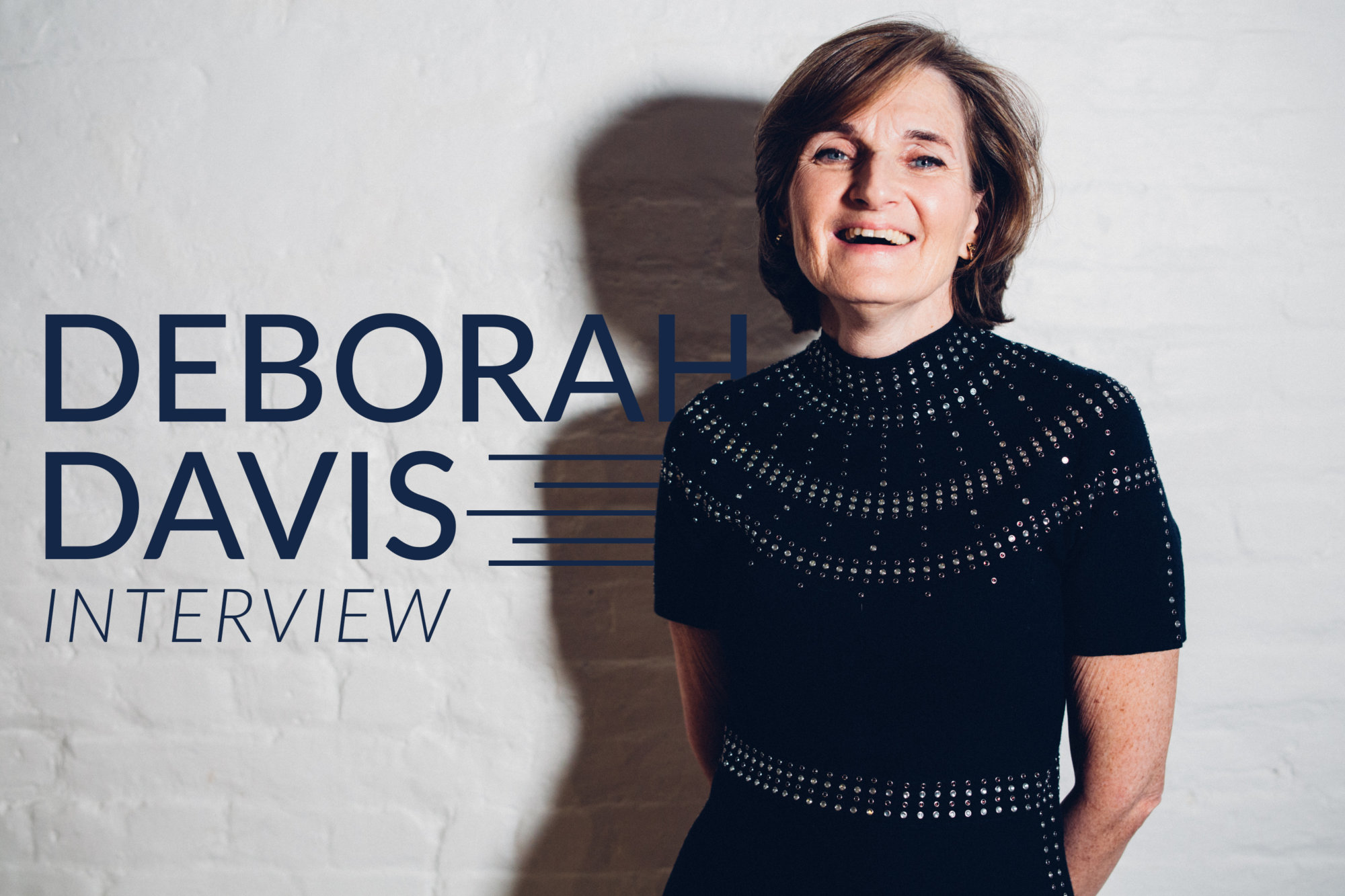“The Favourite” is one of the best films of 2018 according to both critics and audience, nominated for every major award in multiple categories, including Best Original Screenplay at the Academy Awards which will take place on February 24. Amongst the most praised aspects of the film is the script co-written by Deborah Davis and Tony McNamara. We had the honour to interview Deborah in London, just after she won Best Screenplay at the British Independent Film Awards.
“The Favourite” is Deborah’s first screenplay ever, and she couldn’t have started in a better way. Talking with her about what’s behind the female love\power triangle of the film felt like a trip through British history, full of new interesting and curious facts. It was one of those chats that you wish they would never end.
But let’s leave it to Deborah to tell you about her journey to the realization of this film, her upcoming work and her dream project. And who wants to know what’s the book on her nightstand?
You started the first draft of “The Balance of Power,” later becoming “The Favourite” in 1998. How do you feel now, in 2018, seeing it as an acclaimed and masterfully accomplished movie?
_____
Overwhelmed. It’s fantastic news. This is my first film script, my first movie. It’s completely unexpected and overwhelming.
How did the movie end up being called “The Favourite” since there were other titles over the years?
_____
I sent excerpts from Sarah’s memoirs to Ceci Dempsey (my producer) who highlighted key phrases. One of them was “The Favourite” and Yorgos chose it.
The screenplay for “The Favourite” won at the BIFA and now it’s nominated at the Golden Globes: how do you feel about it?
_____
A mixture of excitement and fear. This is way beyond my imagination.
Why explore this particular relationship and the story of Queen Anne? What gave you the idea?
_____
I read an article in a newspaper. The writer said something along the lines of: “Everyone knows that Queen Anne was having an affair with the Duchess of Marlborough.” I’m a keen historian but I didn’t know about it or about Queen Anne. I started researching and stumbled on an extraordinary story of women in power.
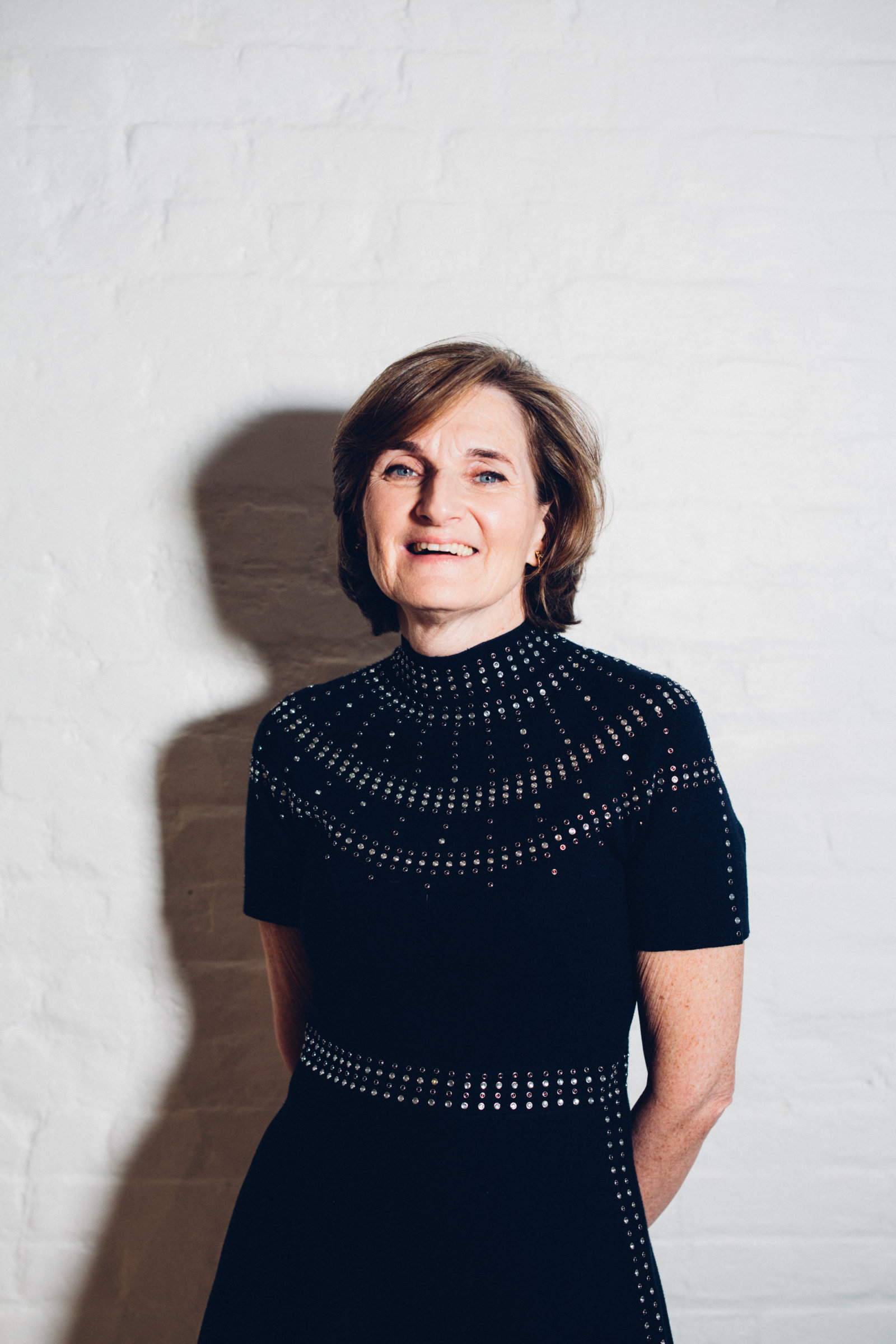
“I started researching and stumbled on an extraordinary story of women in power.”
You gathered a lot of data and research: can you walk us through the documentation process a bit?
_____
I worked from primary and secondary sources. The primary sources are the key to this story. Sarah and Anne wrote to each other throughout their lives and a lot of their letters survive. Sarah wrote many versions of the breakdown of her relationship with Anne and how Abigail became the “absolute favourite.” Her memoir is dynamite. She showed uncharacteristic self-restraint by not publishing it until many years after Anne died, and only a few years before she herself died. Abigail wrote to Harley [the Tory leader who became Prime Minister after Abigail replaced Sarah] in code. She called Queen Anne her “aunt” and Sarah “Lady Pye.” Jonathan Swift (“Gulliver’s Travels”) said that he discovered Abigail deep in conversation with Harley when he went to visit. There is no doubt that Abigail was plotting to replace Sarah.
There was also a ballad that was almost certainly composed by Sarah’s best friend, Arthur Maynwaring, in which Anne is accused of conducting “dark deeds at night” with her “dirty chambermaid.” It was sung in the coffee houses of London. Sarah probably helped to compose it!
Why do you think Sarah waited for so long before publishing her memoirs?
_____
It’s a very good question. Sarah wanted to publish them straight after she was dismissed. Sarah was very forthright: what she thought, she said. I think she was prevailed upon by others to wait. And by the time that the Queen died in 1714, the heat of what happened had gone. There was a new reign and the Marlboroughs were reinstated. Maybe Sarah felt, every time she thought of publishing, that the timing wasn’t right.
What’s the thing about this love/power triangle that resonated the most to you? And what’s the thing you’ve discovered about these characters that fascinated you the most?
_____
Two aspects: the end of a long and very deep relationship based on absolute trust, and a powerful mix of love, rivalry and revenge.
Sarah came to court at the age of 13 as a Maid of Honour. She was five years older than Princess Anne and she became her protector. Sarah was the older sister Anne craved, particularly after her sister Mary married William of Orange and went to live in Holland. And Anne didn’t get on well with Mary. Sarah was also the mother Anne didn’t have. Anne’s mother died when she was a little girl and she couldn’t recall her face. Anne told Sarah that she would rather live in a cottage with her than reign empress of the world. So here we are smack in the middle of Anne’s reign and her relationship with Sarah is unravelling. It was traumatic. That resonated with me.
The female triangle was compelling. This was the ONLY battle that Sarah fought and lost. Sarah introduced her young cousin to the royal bedchamber and went out of her way to look after Abigail and her siblings. Abigail not only replaced Sarah in the Queen’s affections but also took her job. It was a breathtaking and shocking betrayal. Sarah went on the offensive which was absolutely the wrong tactic with Anne who was obstinate. Sarah was ruled by her emotions and that was her fatal flaw. Abigail was strategic. She had an agenda. You can’t help admiring Abigail. Abigail started her career as a chambermaid and ended it as Lady Masham, a Lady of the Bedchamber and Keeper of the Privy Purse.

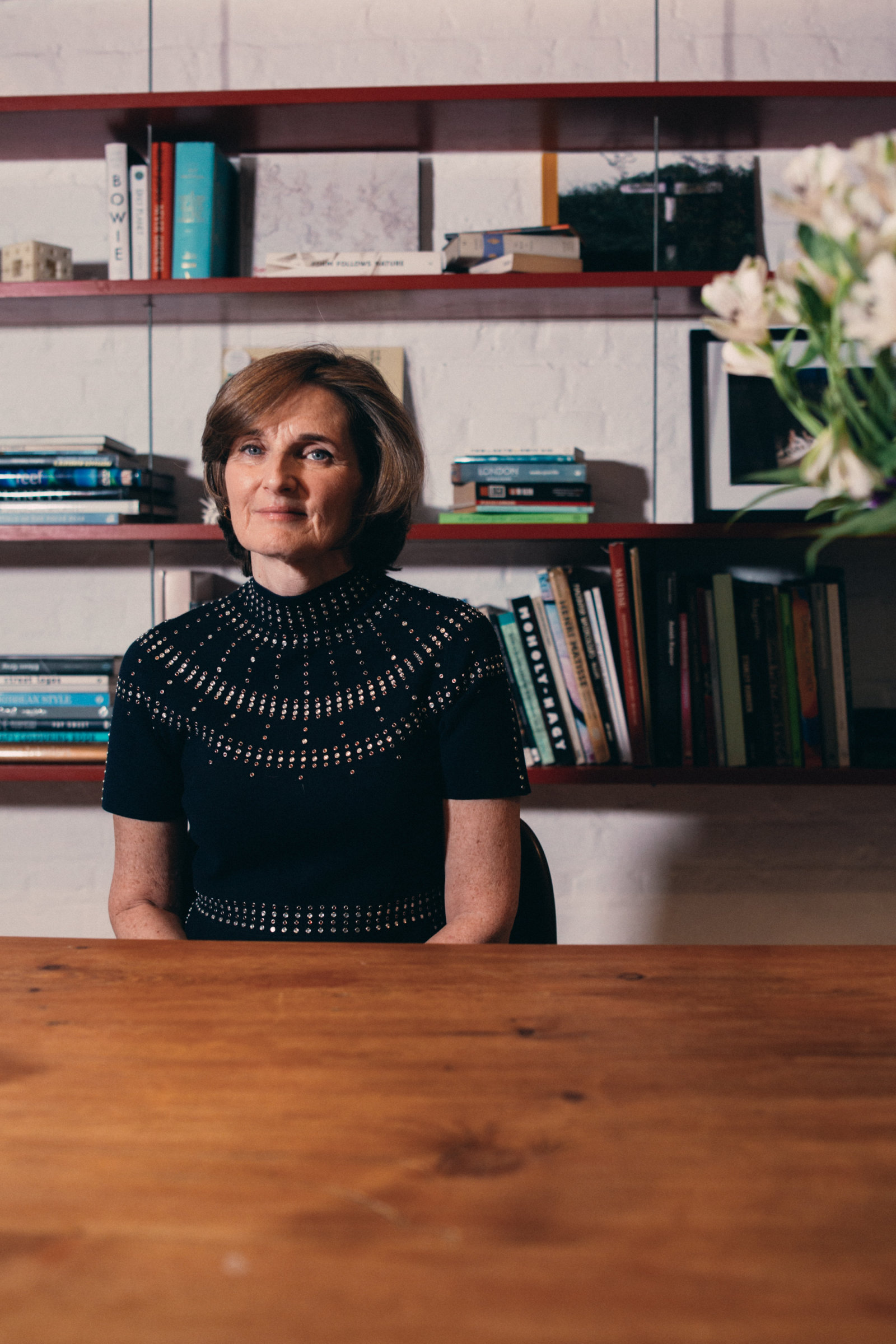
“The female triangle was compelling. This was the ONLY battle that Sarah fought and lost.”

For the script, you co-wrote it with TV writer Tony McNamara: how was working with him?
_____
Tony and I didn’t write at the same time but we both worked to realize Yorgos’s vision. We complemented each other rather well.
And how about the director, Yorgos Lanthimos?
_____
He had a unique take on the material. Yorgos was more interested in playing with anachronism than in being faithful to history. As a writer, I found that liberating and great fun.
Can you tell us a little bit more about your relationship with him during the process?
_____
So, we worked together for about 2 years, and we used to meet in the offices of Element Pictures, we also spoke on the phone, met in restaurants and Skyped. I wrote scenes and he would ask me to read them to him. I would perform them, and he would say: “don’t perform, you can’t act, just read them normally.” (laugh)
What’s been the most challenging part while bringing this story to life?
_____
The time lag. This story took a long time to hit the zeitgeist. For a while, I didn’t think it would.
“As a writer, I found that liberating and great fun.”
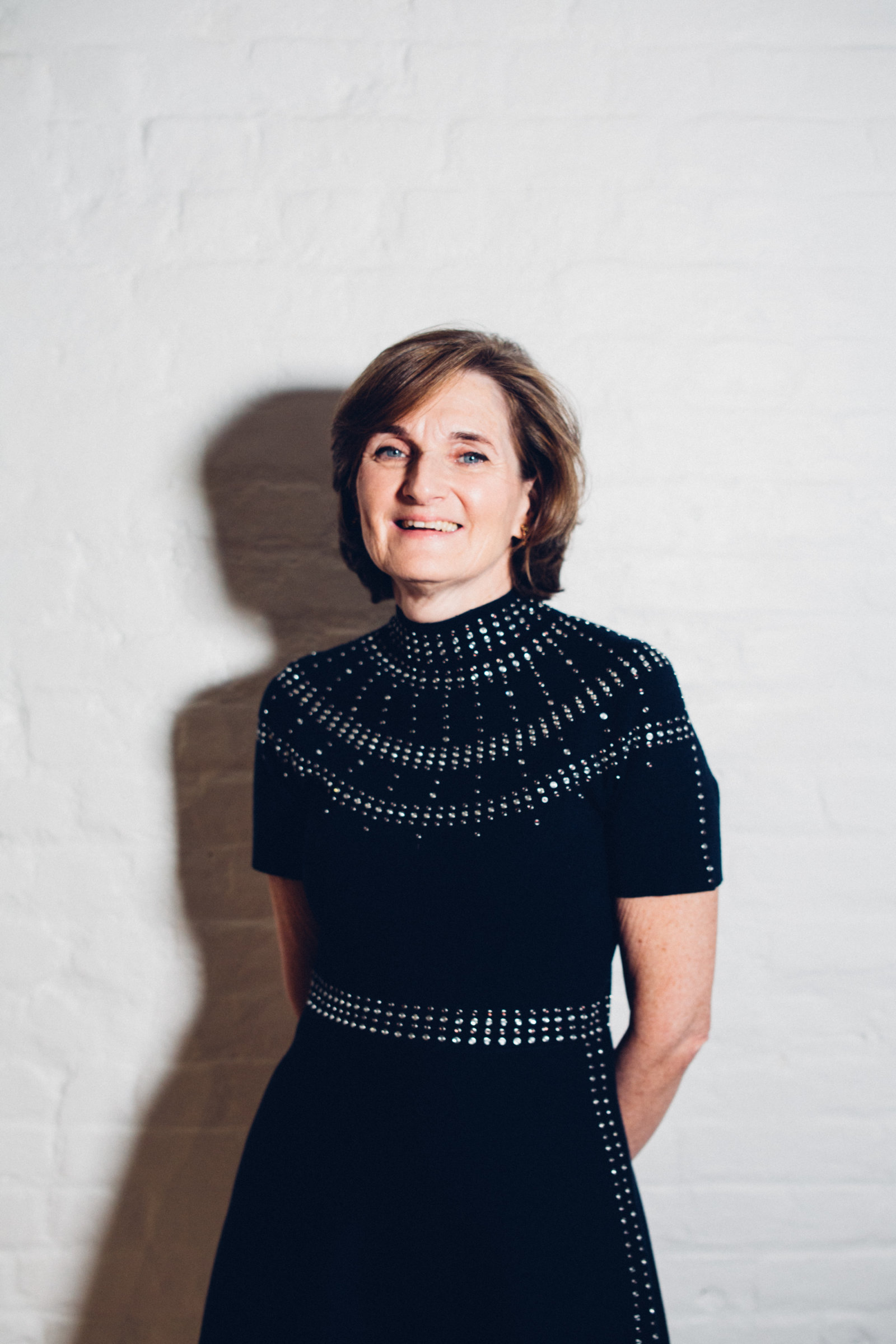
Do you think that our present time allows us to shed light on women of the past who were important but unrecognized or not studied?
_____
Why not?! I studied history at university. In the final year we wrote a dissertation. I went to my tutor and said: “I want to write on a female related subject, I want to focus on women,” and he said to me: “It’s impossible, none of the tutors here have women as their specialized subject and you have to work on our area of research.” I’m sure, certain actually, that’s not the case now. I think that my idea for this film, why I thought it was so important, is that it shows women running the country. They have power and they exercise power. That is very unusual.
I am really interested in women who have agency, who get to do things, and I think that’s very important to represent in all media: literature, art, film, theatre.
As a historian, you have always been passionate about Royal History: is there another moment of English history, and maybe another Royal, that you’d like to work on next?
_____
I am working on a stage play. It’s set in 1727, the year that George II ascended the throne of Great Britain. It’s a comic romp about the Golden Age of Satire.
I’m also developing a romantic comedy about a teenage wild child who takes on her control freak dad and dysfunctional family in a bid to control her destiny. The teenager happens to be Princess Charlotte of Wales, heiress to the throne of England, her father is the Prince Regent and her grandparents are mad King George III and arch-conservative Queen Charlotte.
You are developing two stories of the Georgian Era. Which Era of the British Royal History intrigues you the most?
_____
In 1660, Charles II is restored to the throne of England after the protectorate under Oliver Cromwell has collapsed. It is the most dazzling period in cultural and artistic history. Charles returns to England and reopens the theatres. He is the first king to allow women to perform on stage and quite of few of those women were his mistresses; Nell Gwyn for example. I love the reign of Charles II. I have done a great deal of research on his brother James II who was deposed in the Glorious Revolution because he was very much like Louis XIV: a despotic Catholic king who refused to rule through Parliament and relied instead on his prerogative powers. James became so unpopular that three years into his reign his Protestant nephew, William, seized the throne and threw James out of the country. William and James’s daughter, Mary, became King William and Queen Mary. I’m very interested in the later Stuart Era running into the Georgian Era.

“I am really interested in women who have agency, who get to do things, and I think that’s very important to represent in all media: literature, art, film, theatre.“
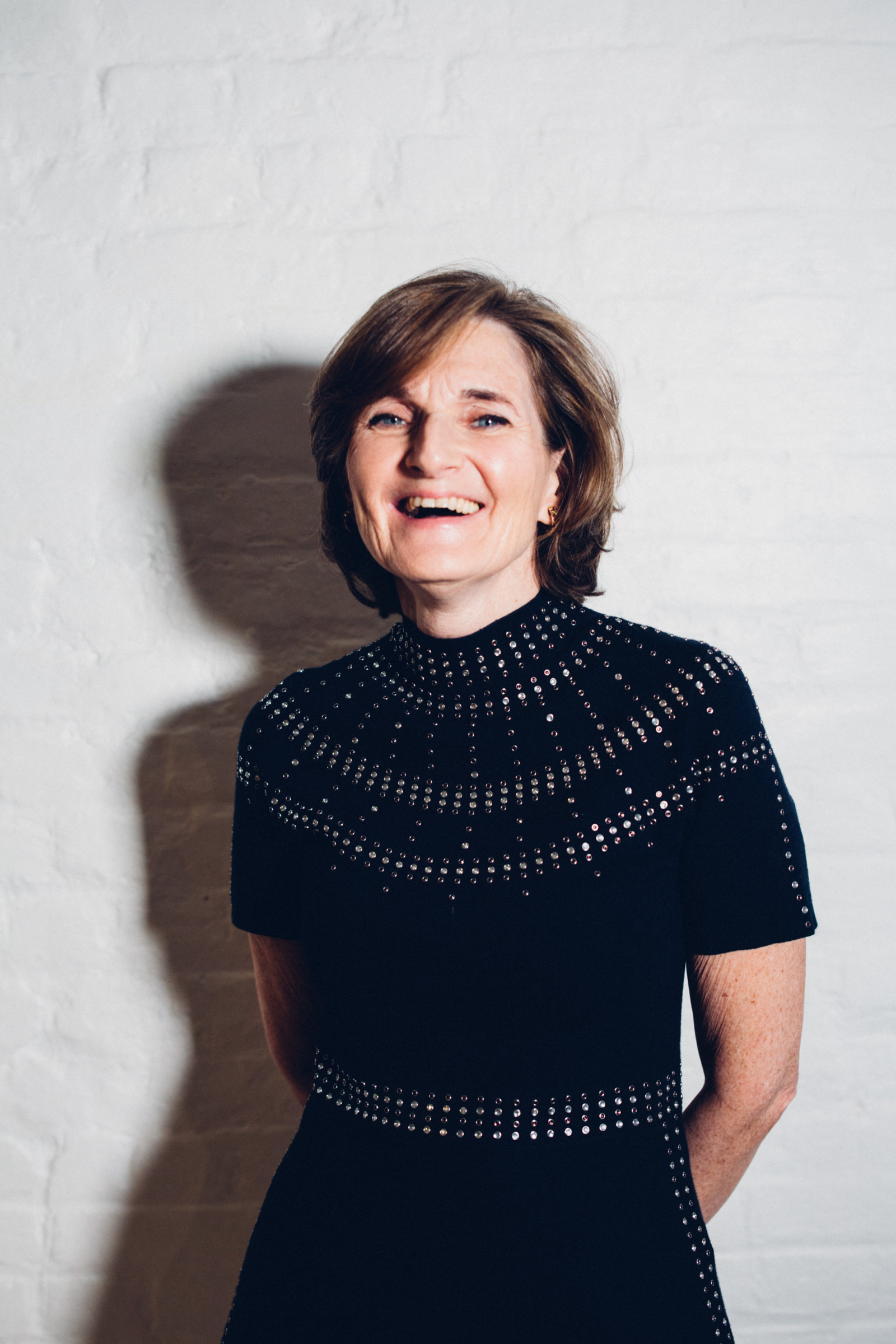
What about any Italian historical intrigue?
_____
I studied Italian history as part of my History A-level. I remember studying Garibaldi and the history of Italian independence, the “Risorgimento.” I also learned Italian for O-Level. “Parlo poco Italiano” (“I speak a little bit of Italian”). I would love to do something on the artist Artemisia Gentileschi. She came to London in 1638 to work at the court of King Charles I so I could set the drama in England.
What kind of genres would you like to explore in the future?
_____
Film Noir and Screwball Comedy, or maybe a mix of the two. Women run rings around men in both genres. Barbara Stanwyck spanned both in “The Lady Eve” and in “Double Indemnity.”
What’s the book on your nightstand?
_____
“The Letters of Sylvia Plath Volume II: 1956 – 1963.” This volume includes incendiary letters, published for the first time, from Plath to her psychiatrist. Incendiary because Plath’s husband Ted Hughes destroyed the last journal she wrote in the run-up to her suicide. These letters fill the gap.
Who’s your favourite British Royal of all time?
_____
Elizabeth I.
What’s the last movie you loved?
_____
“Bohemian Rhapsody” and “A Star is Born.” Loved them both.
What’s your favorite font?
_____
I’m crazy for calligraphy so it would have to be Lucida Calligraphy.
What’s the book on your nightstand?
“The Letters of Sylvia Plath Volume II: 1956 – 1963.”

If you could go to dinner with three figures with the past or the present, who would you choose?
_____
Anne Boleyn (the 2nd wife of King Henry VIII), her daughter Queen Elizabeth I and just as we are starting dessert, Henry VIII arrives. At this point, I would be hiding under the table. Henry murdered his wife when Elizabeth was 2 years and 8 months old. How did Elizabeth survive this trauma? Did her decision not to marry have anything to do with it? Perhaps we would find out when she meets her mother.
What’s your dream project?
_____
My dream project is a movie or TV series about the Mitford Sisters. In World War Two three political ideologies were at war: fascism, communism, and democracy.
Diana Mitford became a fascist when she married Oswald Mosley, Jessica Mitford nailed her colours to communism when she eloped with Esmond Romilly (Churchill’s nephew) to the Spanish Civil War, and Nancy Mitford sided with liberal democracy when she fell in love with Gaston Palewski, Charles de Gaulle’s right-hand man in London. Then there was Unity who tried to kill herself because she was torn between her love for Hitler and loyalty to her country. Here we have a story of sibling rivalry that combines passion, politics and betrayal. I can’t wait to write it.

